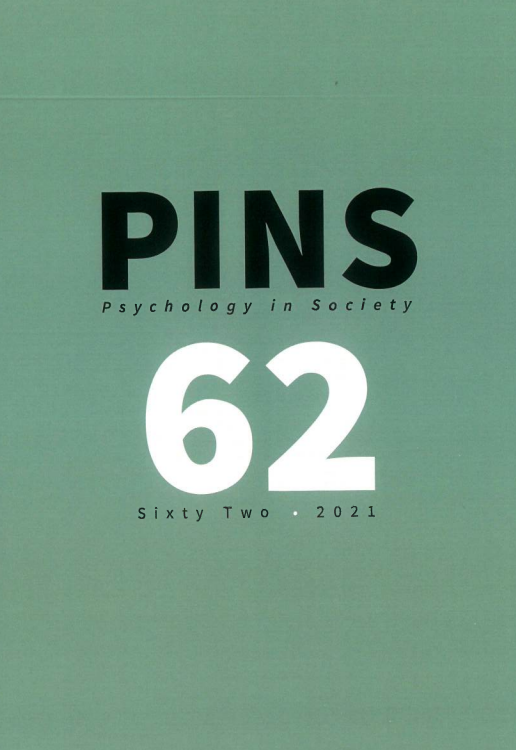Psychic Wounds of Post-Traumatic Stress Disorder camouflaged under the uniform of an SANDF soldier
DOI:
https://doi.org/10.57157/pins2021Vol62iss1a5587Keywords:
Post-traumatic stress disorder, PTSD, self-object disintegration, military, combat psychic wounds, phenomenologyAbstract
The authors explored the lived experiences of traumatisation among active Black military personnel from a psychodynamic (Object Relations) framework. The broad aim of this study was to explore traumatisation and subsequent long-term undiagnosed post-traumatic stress disorder (PTSD) in the presenting behaviour and overall psychological functioning of Black members in the South African National Defence Force (SANDF). N=9 members of the SANDF participated in the study. The study was conducted using a qualitative approach and a phenomenological research design. Data was obtained using individual semi-structured interviews, with IPA as a method of analysis. The findings indicated that participants lived experience of traumatisation is a chronic state of psychic, occupational and relational re-traumatisation. Continuous traumatisation that reactivated past unresolved traumas was characterised by annihilation anxiety, psychic numbing and repression. Phenomenologically overall functional paralysis was evidenced in chronic psychological deterioration, which manifests in irreversible damage to character, with cognitive and relational deficits linked to unresolved long-term traumatisation. These findings highlight a need to incorporate psychotherapeutic models focused on integrative meaning making of psychic distress for adaptive functioning of SANDF members, suffering from long-term undiagnosed PTSD syndrome from pre-integration armed forces combat experiences.
Downloads
Published
How to Cite
Issue
Section
License
This journal is an open access journal, and the authors' and journal should be properly acknowledged, when works are cited.
Authors may use the publishers version for teaching purposes, in books, theses, dissertations, conferences and conference papers.
A copy of the authors’ publishers version may also be hosted on the following websites:
- Non-commercial personal homepage or blog.
- Institutional webpage.
- Authors Institutional Repository.
The following notice should accompany such a posting on the website: “This is an electronic version of an article published in PINS, Volume XXX, number XXX, pages XXX–XXX”, DOI. Authors should also supply a hyperlink to the original paper or indicate where the original paper (http://www.journals.ac.za/index.php/pins) may be found.
Authors publishers version, affiliated with the Stellenbosch University will be automatically deposited in the University’s’ Institutional Repository SUNScholar.
Articles as a whole, may not be re-published with another journal.
The copyright of the article(s) lies with the author(s).
The copyright of the journal lies with PINS-psychology in Society.
The following license applies:
Attribution CC BY-NC-ND 4.0 - https://creativecommons.org/licenses/by-nc-nd/4.0/

